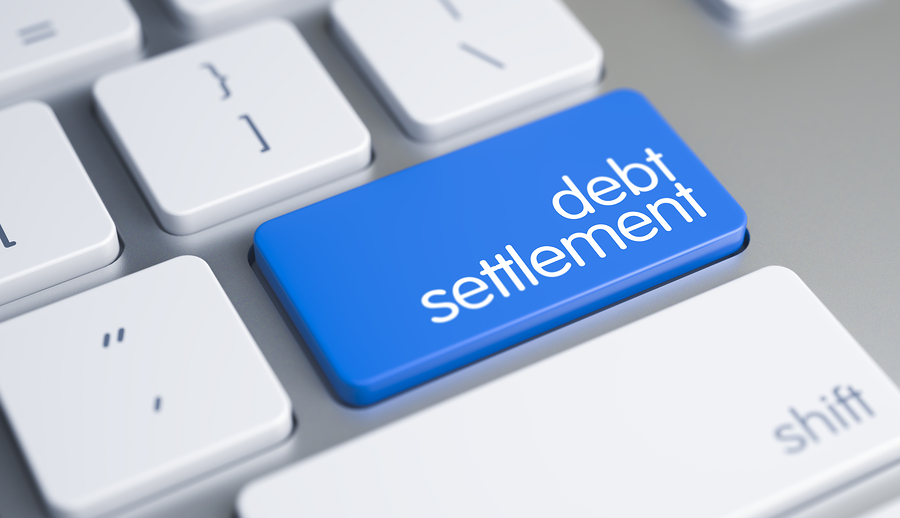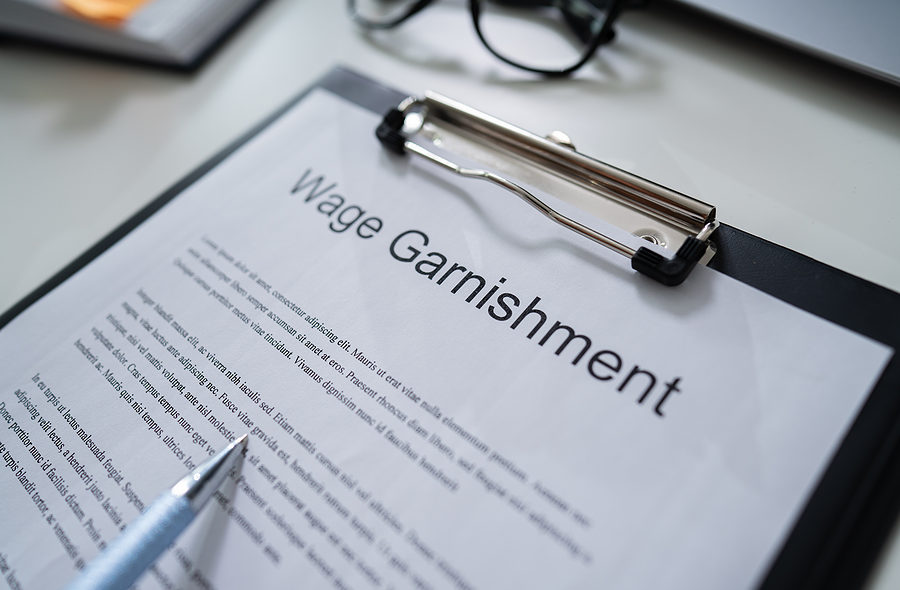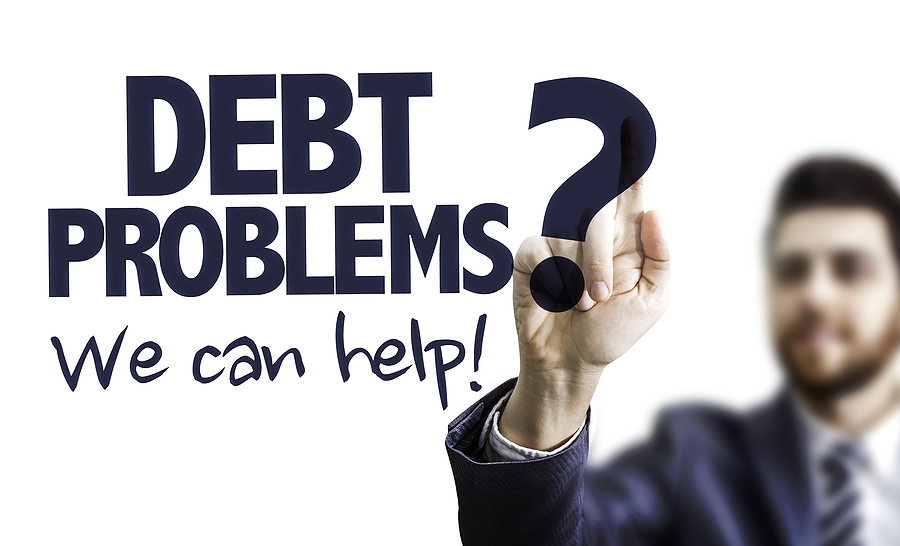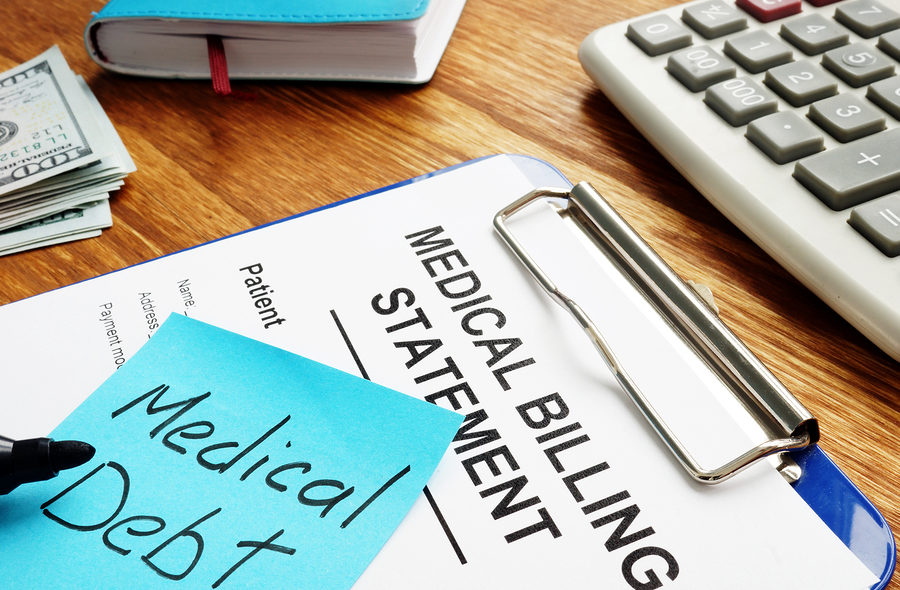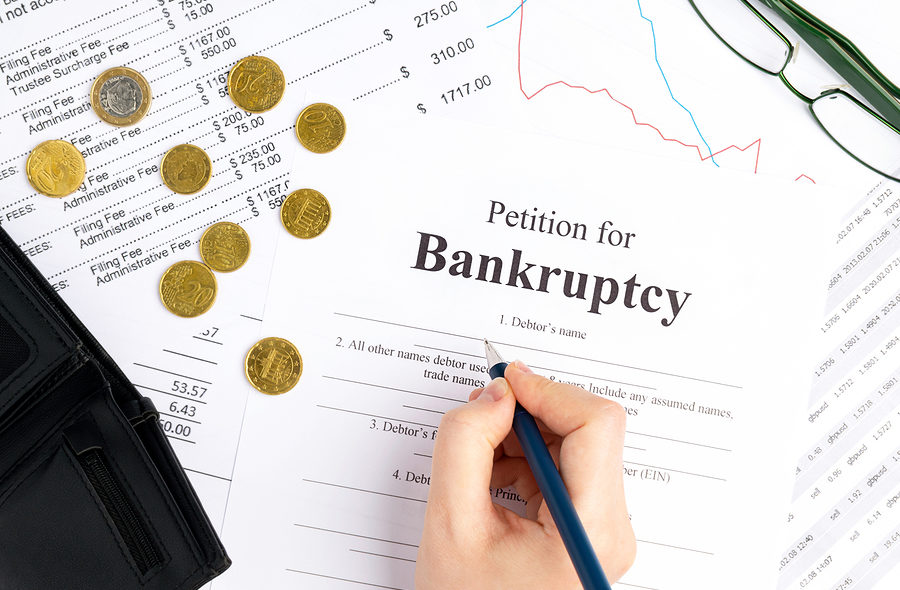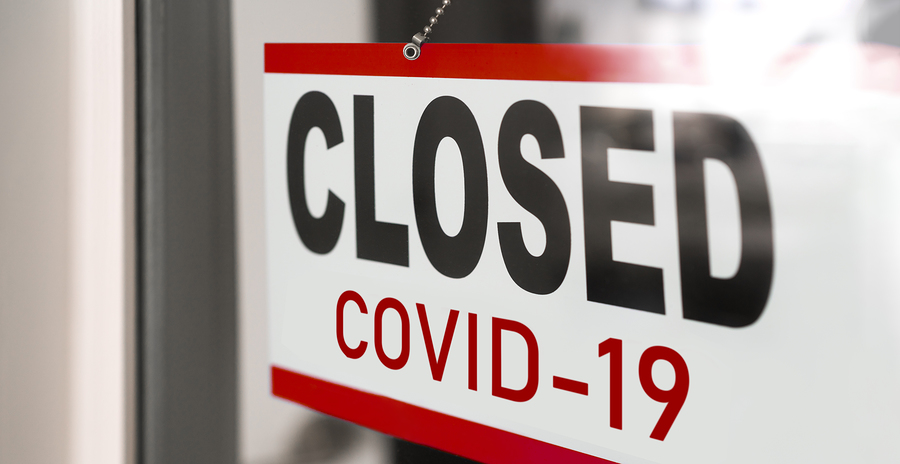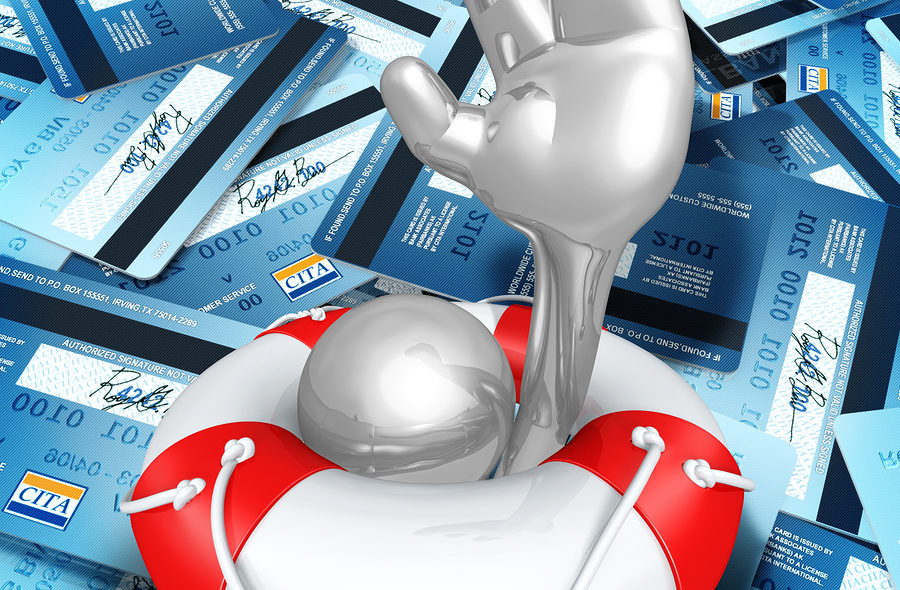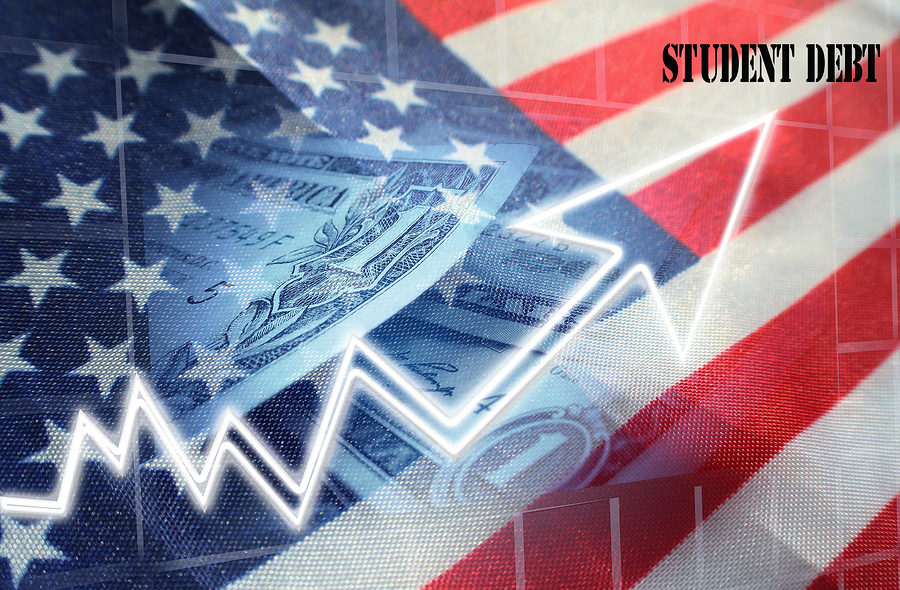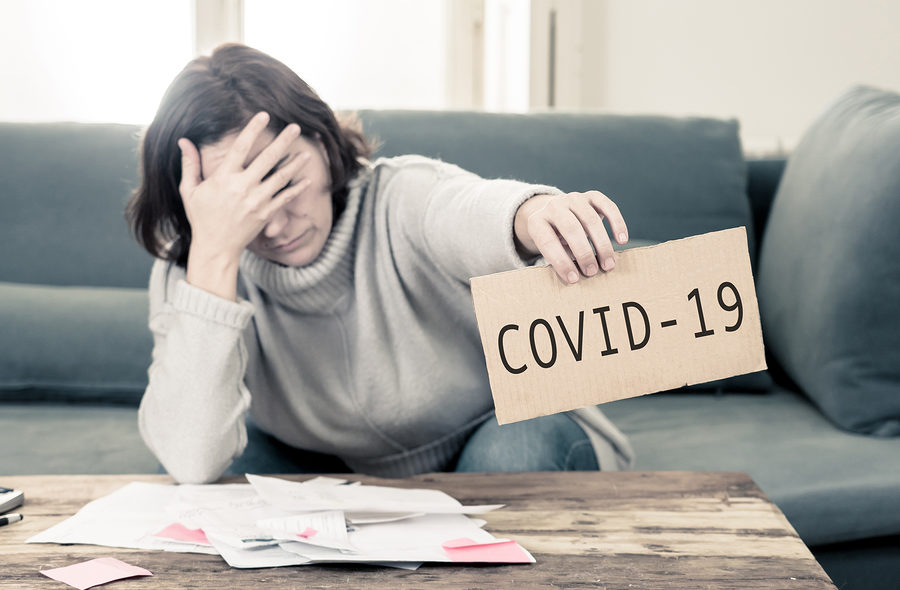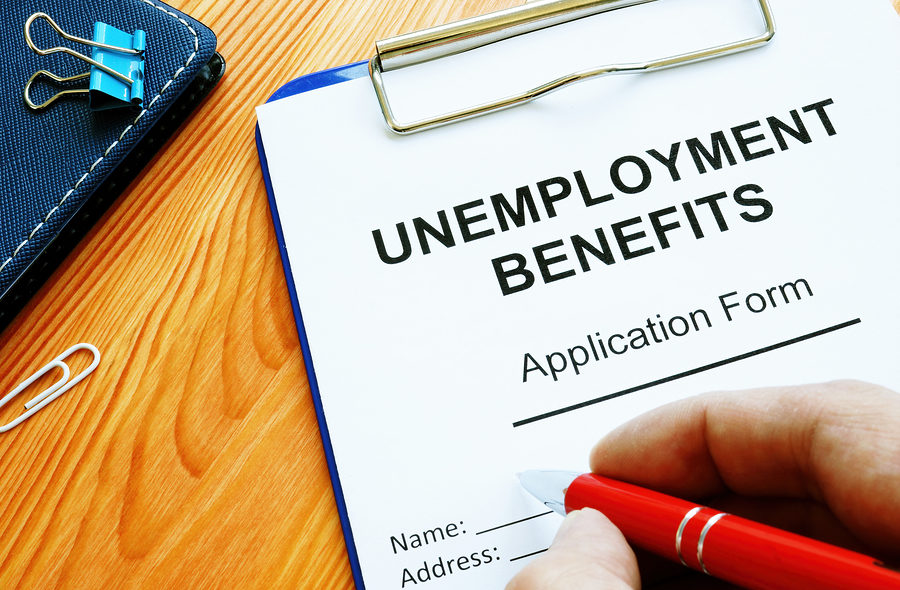Carrying large amounts of debt is stressful, which is why many people turn to debt settlement companies to fix the problem. However, it pays to use caution when seeking solutions with consumer debt. Countless for-profit debt settlement companies exist, offering deals that seem too good to be true, hoping that they will be able to entice a consumer to use their service. Consumers who hire a for-profit debt settlement company often find there is more risk than reward.
Debt settlement companies are easy to find, whether on the internet or on TV commercials. We have all seen them. These companies use lines such as– “Settle your debt for less than you owe”, “We work with your creditors to reduce your monthly payments,” etc.

